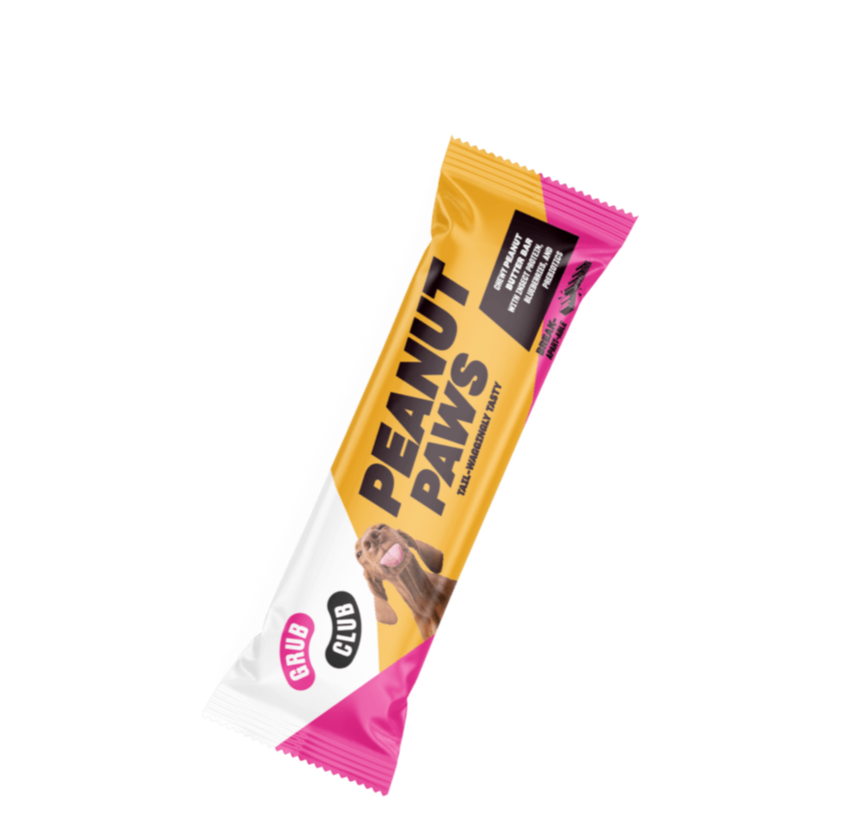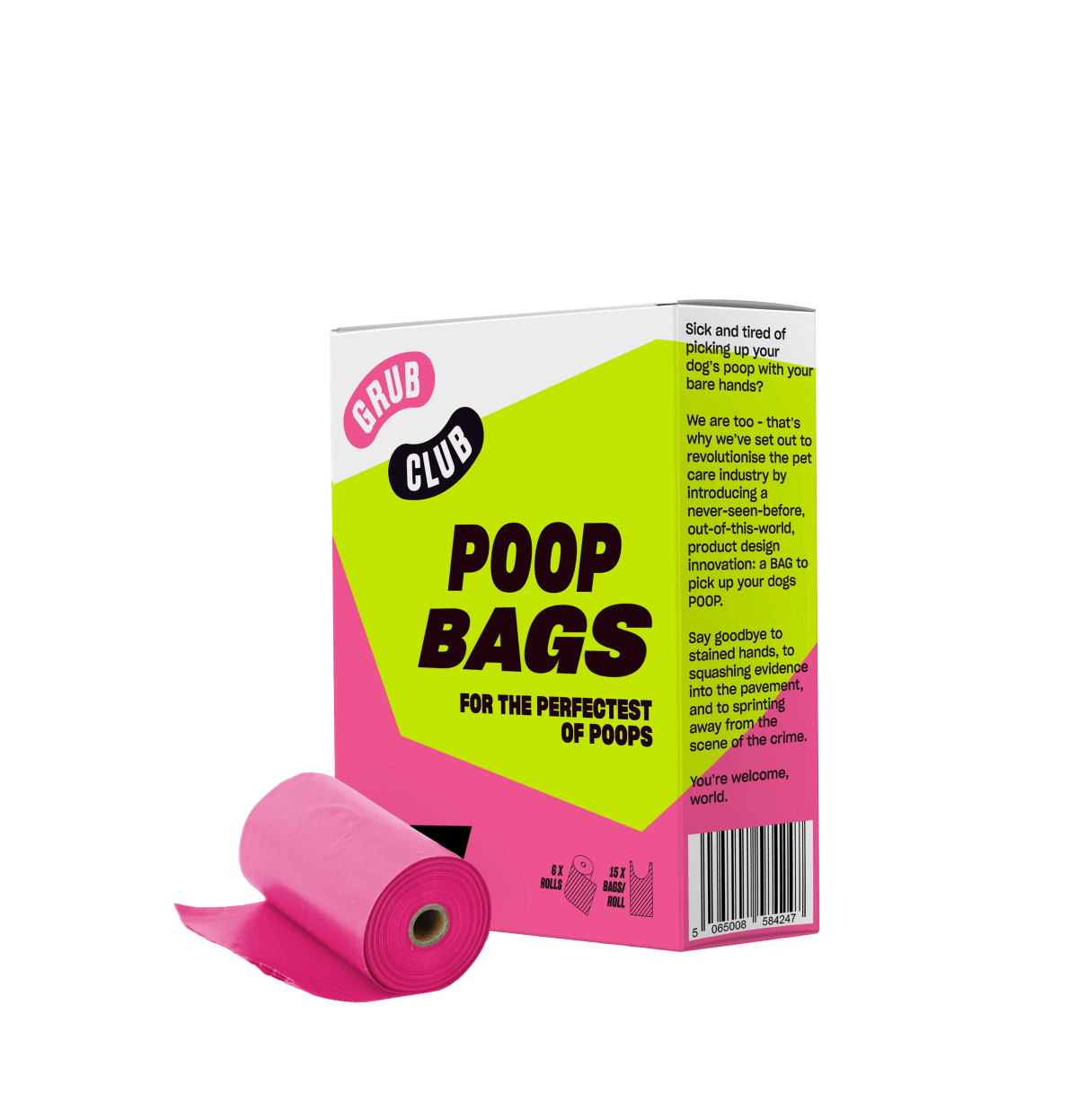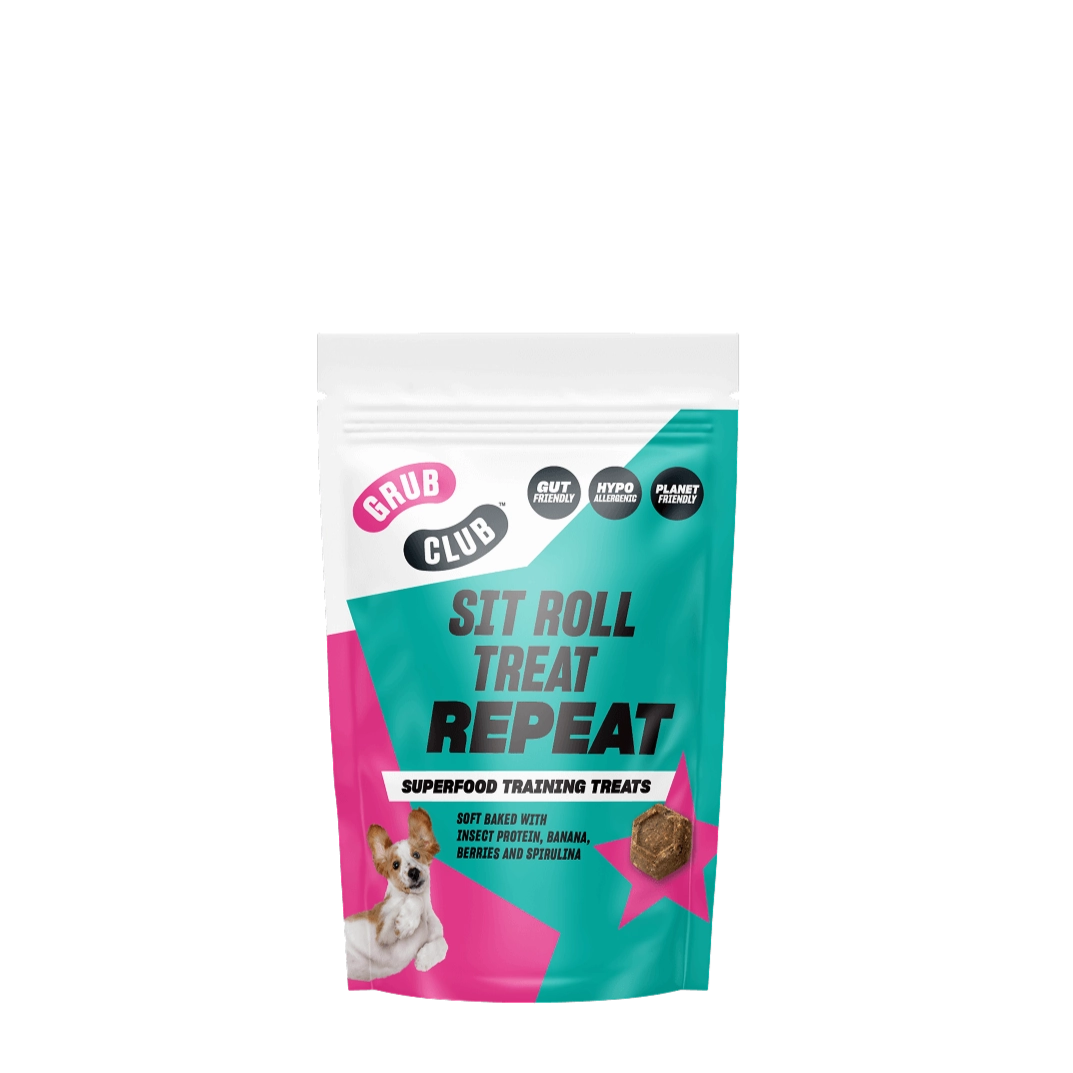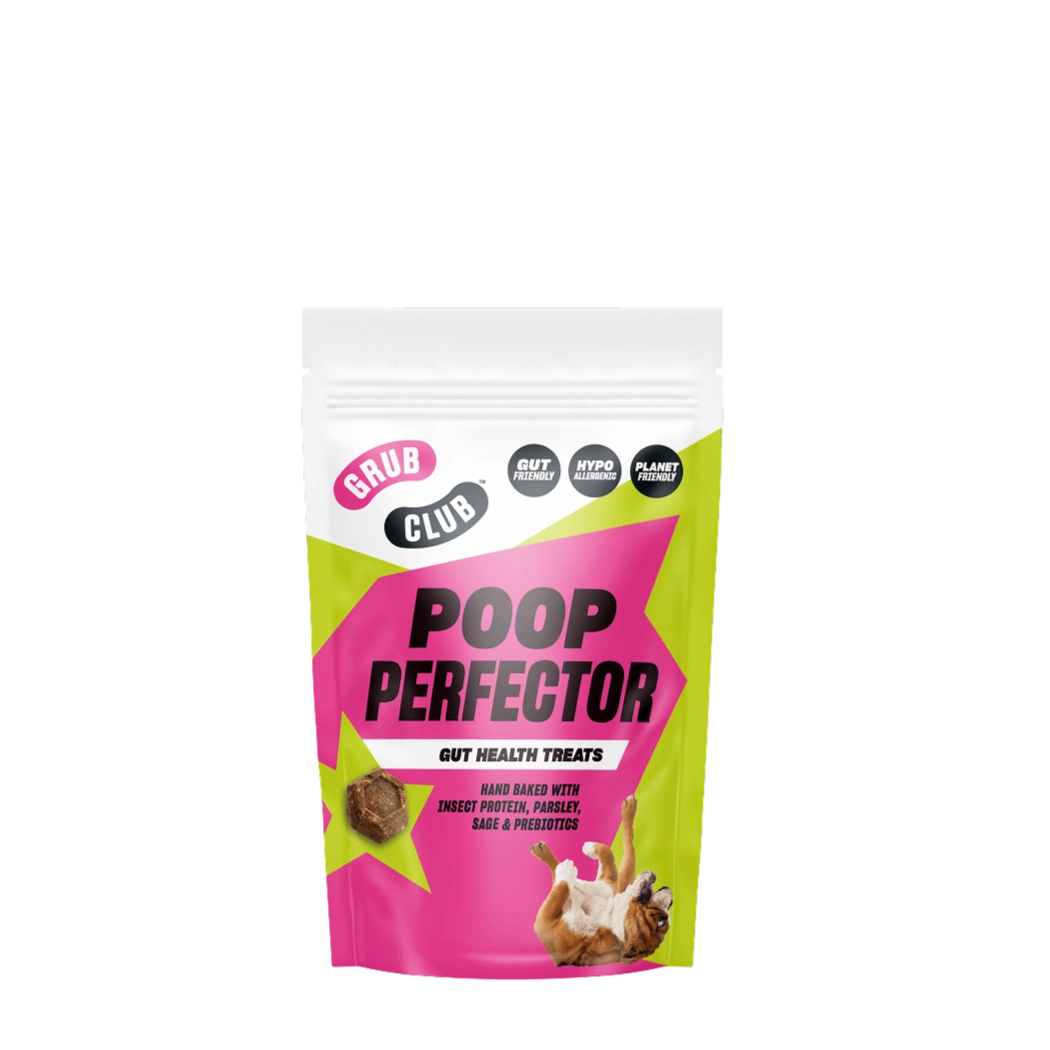Top Dog: All-In-One
Supplement for Snout-to-Tail Wellness
60 Scoops
FREE UK Delivery on orders above £49.
You have £0.00 in your cart, spend £49.00 more and get free shipping.
60 Scoops
1 Bar
72 Bags
1 Pack
1 Pack
1 Pack
Or continue without a name
CheckoutThere are many common ailments within the canine world that you may well be familiar with but one lesser-known issue, especially for dogs with a sensitive digestive system, is pancreatitis.
If your dog has been diagnosed with pancreatitis or you suspect they might have the condition, this blog looks at the symptoms, causes and how diet is the solution.
Pancreatitis is the inflammation of the pancreas. This organ is responsible for producing digestive enzymes and insulin but if these digestive enzymes become activated within the pancreas itself it will lead to inflammation and potential damage. The severity of pancreatitis can vary, ranging from mild to severe, and can be acute or chronic.

Recognising the symptoms of pancreatitis is crucial for early intervention. Common signs usually include vomiting, abdominal pain, loss of appetite, lethargy, and diarrhoea. In severe cases, dogs may exhibit dehydration, fever, and a hunched-back posture. You should seek immediate veterinary attention if these symptoms are seen.
There can be many reasons that your dog may develop pancreatitis with the top risk factors being:

Dietary factors play a significant role in pancreatitis. Feeding your dog a high-fat diet, table scraps, and rapidly or consistently changing their diet can all trigger inflammation in the pancreas.
Accurate diagnosis is crucial for effective treatment. Vets can carry out a combination of physical examinations, blood tests, x-rays, imaging studies such as an ultrasound, and sometimes even fine needle aspiration of the pancreas to confirm the presence of pancreatitis.
Treating pancreatitis in dogs involves addressing the symptoms and the underlying cause. In mild cases, dogs may require veterinary supportive care such as anti-sickness medicines, rest, small, manageable meals and pain management.
Severe cases may require hospitalisation with your dog being given round-the-clock care, fluids and possibly a feeding tube. Identifying and addressing the root cause, such as dietary changes, is essential for preventing recurrent episodes.
Feeding a dog with pancreatitis requires carefully selecting low-fat, hypoallergenic and easily digestible foods. Your vet may well recommend a specific prescription diet for this ailment if your pet’s pancreatitis is severe and recurring.
Alternatively, you could take a look at Grub Club’s All-Day Buffet as it's low calorie, low fat and specialises in keeping tummies balanced, healthy and happy. With insect-protein that is great for those with sensitive tums, blueberries and pomegranates to boost immune health and prebiotics to improve overall digestion this sustainable and hypoallergenic dog food is a great way of helping your dog after a diagnosis of pancreatitis.

Pancreatitis in dogs is a serious condition but by being able to recognise the symptoms, seeking veterinary treatment and jumping onto a low-fat, easily digestible diet for them you can help to make a difference to your dog's overall well-being and keep your best friend for a long time to come.






